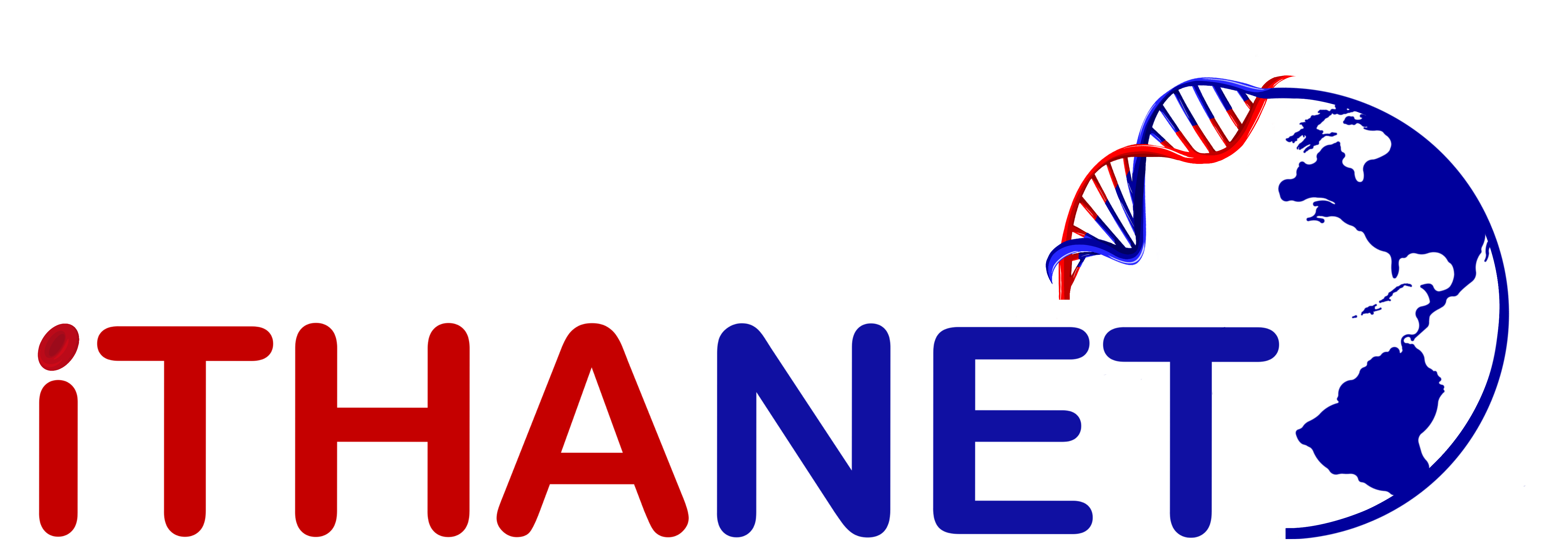Welcome to IthaMaps
IthaMaps is a global epidemiology database of heamoglobinopathies, illustrating published data on a dynamic global to regional map. Country-specific information on haemoglobinopathy-related policies, prevalence, incidence and overall disease burden is given, including relative allele frequencies of specific globin mutations in each country and/or region, dynamically linked to corresponding IthaGenes entries.
IthaMaps content was supported by partnership with the HVP Global Globin 2020 Challenge
Search
To provide new epidemiological information and/or report mistakes, please fill the or use the Contact Us form.
To provide new epidemiological information and/or report mistakes, please register/log in first or use the Contact Us form.
Important Note: The relative allele frequencies presented in IthaMaps are not calculated by ITHANET, but they are extracted from the corresponding publications. ITHANET is not responsible for any mistakes in the data. Please use this information with caution! We encourage scientists that have more detailed or updated epidemiological information to contact us.
Disclaimer: The information on this website is provided as an information resource only and must not to be used as a substitute for professional diagnosis and treatment. The ITHANET Portal and IthaMaps are not responsible or liable for any advice, course of treatment, diagnosis or any other information, services or products that an individual obtains through this website.
